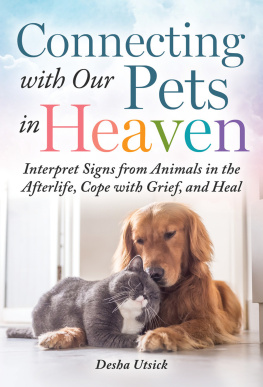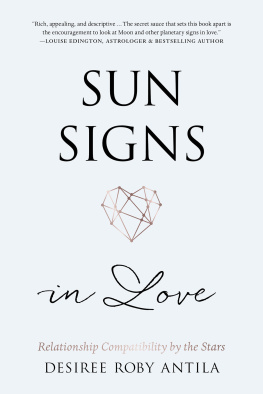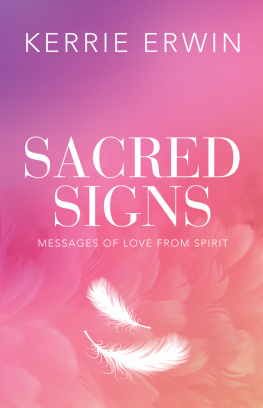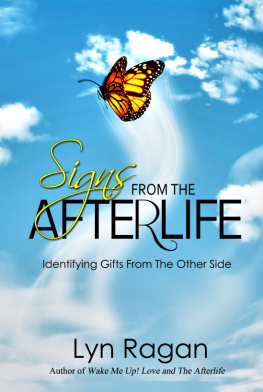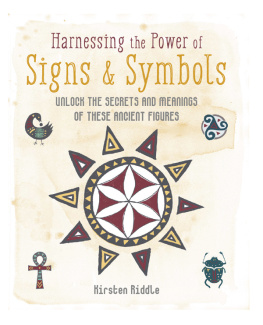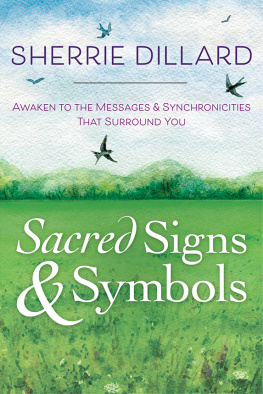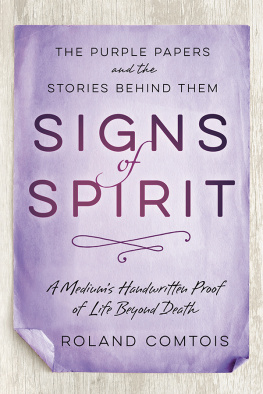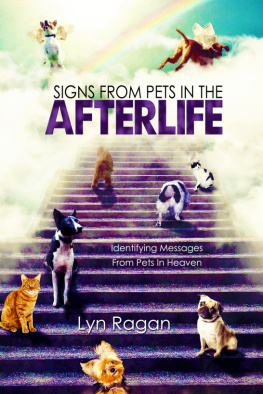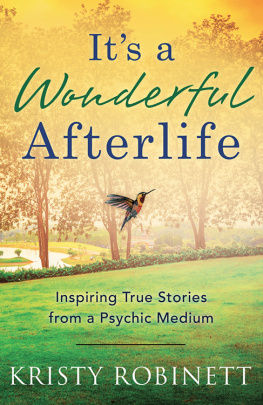Books mentioned
Schwartz, Dr Gary, The Afterlife Experiments , Atria Books, 2002
Kean, Leslie, Surviving Death , Three Rivers Press, 2017
Charity
BulliesOut
www.bulliesout.com
To contribute to the Patrick Hamlin Support Project, please visit Louise Hamlins justgiving page: www.justgiving.com
Podcasts
White Shores Season 3, episode 11. Theresa Cheung interviews Louise Hamlin.
If you would like to share your experiences of grief or signs, please visit www.louisehamlin.com

What people are saying about
WhatsApps from Heaven
An inspiring and comforting book its beautiful!
Theresa Cheung , author of The Truth about Angels
WhatsApps from Heaven astonished me. It gave me chills. An incredible must-read for those enduring grief and for those who are looking for signs from beyond.
G.L. Davies , author of Haunted: Horror of Haverfordwest
A moving love story This is not the first time I have heard of messages from the deceased that use new electronic gadgets. This is indeed a development which should be expected because the communication from the next level of life has followed the means available in our dimension to communicate with us.
Anabela Cardoso , author of Electronic Contact with the Dead: What do the Voices Tell Us?
Three categories of evidence collectively prove that life continues after bodily death: scientific, clinical and experiential. Louise shares her comforting and inspiring signs from Patrick that convince her life and love do not die... Kudos, Louise, for having the courage and love to share your wonderful experiences.
Mark Pitstick MA, DC , director of SoulPhone Foundation , founder of Greater Reality Living Groups
A fascinating first-hand account of the importance of anomalous phenomena surrounding personal loss, and how continued spiritual bonds can benefit our health and well-being.
Dr Callum E. Cooper , editor and author of Paracoustics
WhatsApps from Heaven
Bereavement in the Twenty-first Century

First published by O-Books, 2022
O-Books is an imprint of John Hunt Publishing Ltd., 3 East St., Alresford,
Hampshire SO24 9EE, UK
www.johnhuntpublishing.com
www.o-books.com
For distributor details and how to order please visit the Ordering section on our website.
Louise Hamlin 2021
ISBN: 978 1 78904 947 3
978 1 78904 948 0 (ebook)
Library of Congress Control Number: 2021944051
All rights reserved. Except for brief quotations in critical articles or reviews, no part of this book may be reproduced in any manner without prior written permission from the publishers.
The rights of Louise Hamlin as author have been asserted in accordance with the Copyright, Designs and Patents Act 1988.
A CIP catalogue record for this book is available from the British Library.
Design: Stuart Davies
UK: Printed and bound by CPI Group (UK) Ltd, Croydon, CR0 4YY
Printed in North America by CPI GPS partners
We operate a distinctive and ethical publishing philosophy in all areas of our business, from our global network of authors to production and worldwide distribution.
Contents
Guide
For Patrick, with love
First and foremost, I would like to thank our children and their spouses. They too were bereaved. Patricks children lost a much-loved father and grandfather; my children had already lost their own father two years before, and then lost their wonderful stepfather. I have only written about my own feelings in this book, but here I want to acknowledge that the children and their families also suffered a devastating loss, and their amazing care for me was all the more extraordinary. I thank them all from the bottom of my heart.
I would also like to thank all the friends and neighbours who have given me such tremendous support. As well as the friends mentioned in this book, others too have been unstintingly generous with their time and concern. I could not have managed to cope over the last two years without all the help that I have received. I realize how lucky I am in both family and friends.
Finally, I would like to thank Theresa Cheung, who responded to my original email when I felt I wanted the world to know about the signs that I was receiving from Patrick. She invited me on to her White Shores podcast and this gave me the confidence to carry on telling my story. She has been a guide and mentor, and encouraged me to write this book.
This book is an account of a bereavement a terrible, heartbreaking loss that destroyed the world as I knew it, and seemed to leave nothing but devastation in its wake. It is an account of the shock and the disbelief that lasted for many months. Although I knew rationally that my husband had died, emotionally I could not process it for at least a year, and my heart used to jump when I saw a Freelander car out of the corner of my eye, thinking for a nanosecond that it would be Patrick. For months I could not bear to take his clothes to a charity shop, because deep inside there was an almost subconscious feeling that he might return and need them. When I suddenly had a rush of blood to the head, bagged up all his shoes and deposited them at the local hospice shop all within the space of an hour, I returned home and sobbed and sobbed, because it seemed so final that he would not wear his boots again.
But now for the extraordinary part of this story. Slowly, very slowly, the grief became shot through with threads of joy because, against all expectation, I started to receive signs and messages from my deceased husband, signs which built to become totally irrefutable in my eyes. I say against all expectation, because I have no religious faith, and had no fixed belief in an afterlife. Patrick and I spoke about dying when the end was near. He said that he wasnt scared, because either there was nothing at all, and that was nothing to fear, or, if there were something, he felt that he had led a good enough life for it to be all right for him. This was typical of the manhe was stoic in the extreme. He had had a fair measure of unhappiness in his life, but he never let it warp his spirithe could always find a positive perspective and he bore the many slings and arrows of outrageous fortune with fortitude.
We met in February 2005, two middle-aged divorcees, both with children in their twenties. Patrick was a successful London-based barrister and recorder (a part-time judge) and I, I was at a crossroads. I had lost my partner to cancer two years previously, and this had caused me to rethink my life and career. So, I had just given up an academic law career at Cambridge and I was wondering what to do next. What happened next was beyond my wildest dreams. I fell in love. Patrick was much more cautious with his feelings. Though I did not know it at first, he was clear in his own mind that he did not want a committed relationship, and he most certainly did not want to remarry. By the summer of 2005, his attitude had also become clear to me. I had been down the path of unrequited love in the past, and I did not want to take that road again, so with huge courage and a heavy heart, I told him that I was looking for love, and because he wasnt, I would say goodbye.
Of course, I hoped against hope that this would bring him to his senses (as I saw it), but for ten long weeks I waited to hear from him in vain. Then, at last, there was a phone call. Patrick was at a Chambers party, and obviously alcohol was flowing freely. Patrick was always a happy and cheerful drunk, and in his slightly inebriated state, he rang me to see how I was. I told him that I was going to go to India on holiday, and he suggested that I should come down to London and he would take me for an Indian, to acclimatize me. I went down, and this time, we both knew that we wanted a relationship. A year later we were living together. Four years later we married. Patrick used to say that it was the best wedding ever, and the happiest day of his life. Our marriage was truly wonderful, and our love for each other deepened with the years. We never took our happiness for granted, and we often used to look at each other, and say how incredibly lucky we were to have found each other. I had never expected to find love and nor had Patrick. They were the happiest days of our lives, by a country mile.


